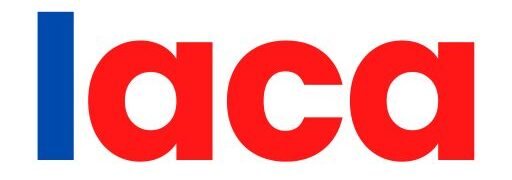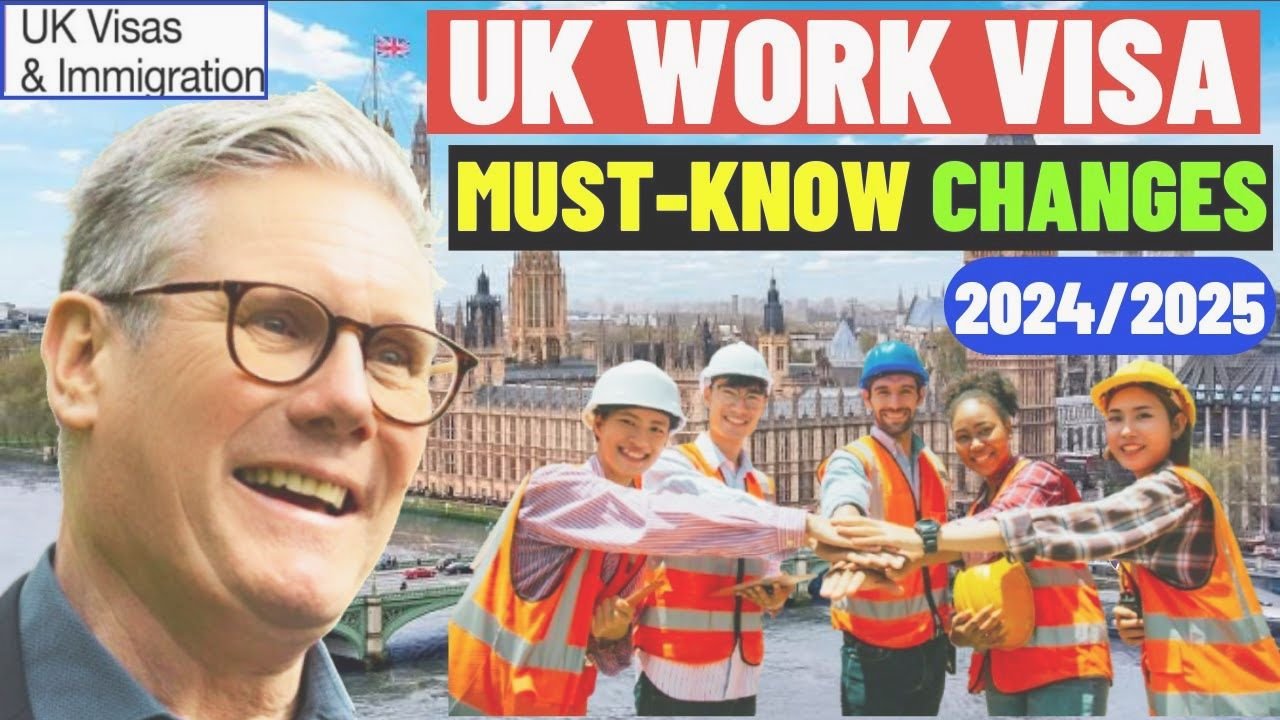In 2025, the United Kingdom implemented significant changes to its immigration policies, leading to a notable decline in both work and student visa approvals. These reforms aimed to address rising net migration figures and prioritize domestic employment opportunities. This article delves into the specifics of these policy changes and their impacts on visa approvals.
Introduction
The UK’s immigration landscape has undergone substantial shifts in 2025, with stricter policies resulting in decreased visa approvals for work and study purposes. These measures reflect the government’s efforts to manage migration and address associated economic and social challenges.
Increased Salary Thresholds for Work Visas
One of the pivotal changes in 2025 is the elevation of the minimum salary requirement for migrant workers. All migrant workers must now earn at least £38,700 to qualify for a visa, a move designed to reduce net migration, which had approached one million. This policy extends to sectors experiencing labor shortages, including healthcare, and also tightens spouse entry requirements to prevent marriages primarily for residency purposes.
Revocation of Visa-Free Entry for Certain Countries
In response to a surge in asylum claims, the UK government has revoked visa-free entry for tourists from Trinidad and Tobago. The number of asylum applications from this Caribbean nation increased from an average of 49 annually between 2015 and 2019 to 439 in the previous year. Consequently, nationals from Trinidad and Tobago are now required to obtain a visa before entering the UK.
Crackdown on ‘Rogue’ Employers in the Care Sector
The Home Office revealed that over a quarter of care workers recruited under a visa program were employed by companies that subsequently lost their license to sponsor visas. More than 39,000 workers were affected by measures aimed at curbing abuse of the visa system introduced in 2022 to address staffing shortages in the care sector. The Home Office revoked over 470 sponsorship licenses in response to these abuses.
Decline in Student Visa Approvals
The UK has also tightened student visa rules, leading to a significant drop in applications. In January to July 2024, there were 156,800 applications for sponsored study visas by main applicants, 16% lower than in the same period in 2023. Additionally, applications from dependents of students decreased by 81% during the same timeframe.
Economic Implications of Immigration Reforms
The crackdown on international students and overseas skilled workers is estimated to cost UK businesses over £40 billion, with no overall societal benefit, according to official assessments. The changes to visa sponsorship rules for skilled workers will necessitate higher salaries, incurring a £37.4 billion cost to businesses over ten years, resulting in a net societal cost of £26.5 billion. Additionally, the ban on international students bringing family members will lead to nearly £5 billion in lost tuition and £15 billion in lost tax revenues, carrying a net societal cost of about £500 million over ten years.
Conclusion
The UK’s 2025 immigration reforms have led to a marked decline in work and student visa approvals. While these measures aim to manage migration and prioritize domestic employment, they also present challenges for sectors reliant on foreign talent and for the higher education industry. The long-term effects of these policies will require ongoing assessment to balance the country’s economic needs with its immigration objectives.




